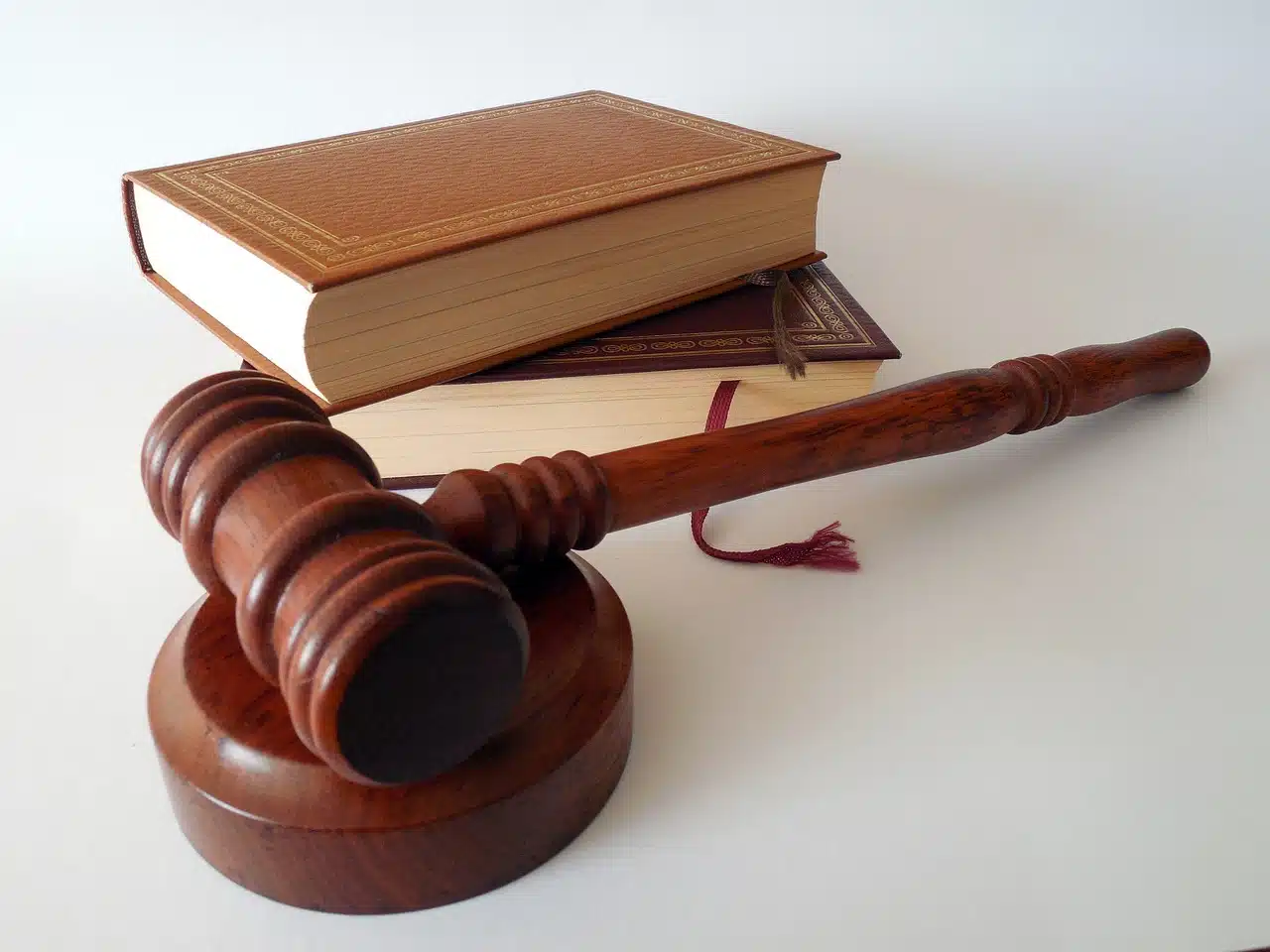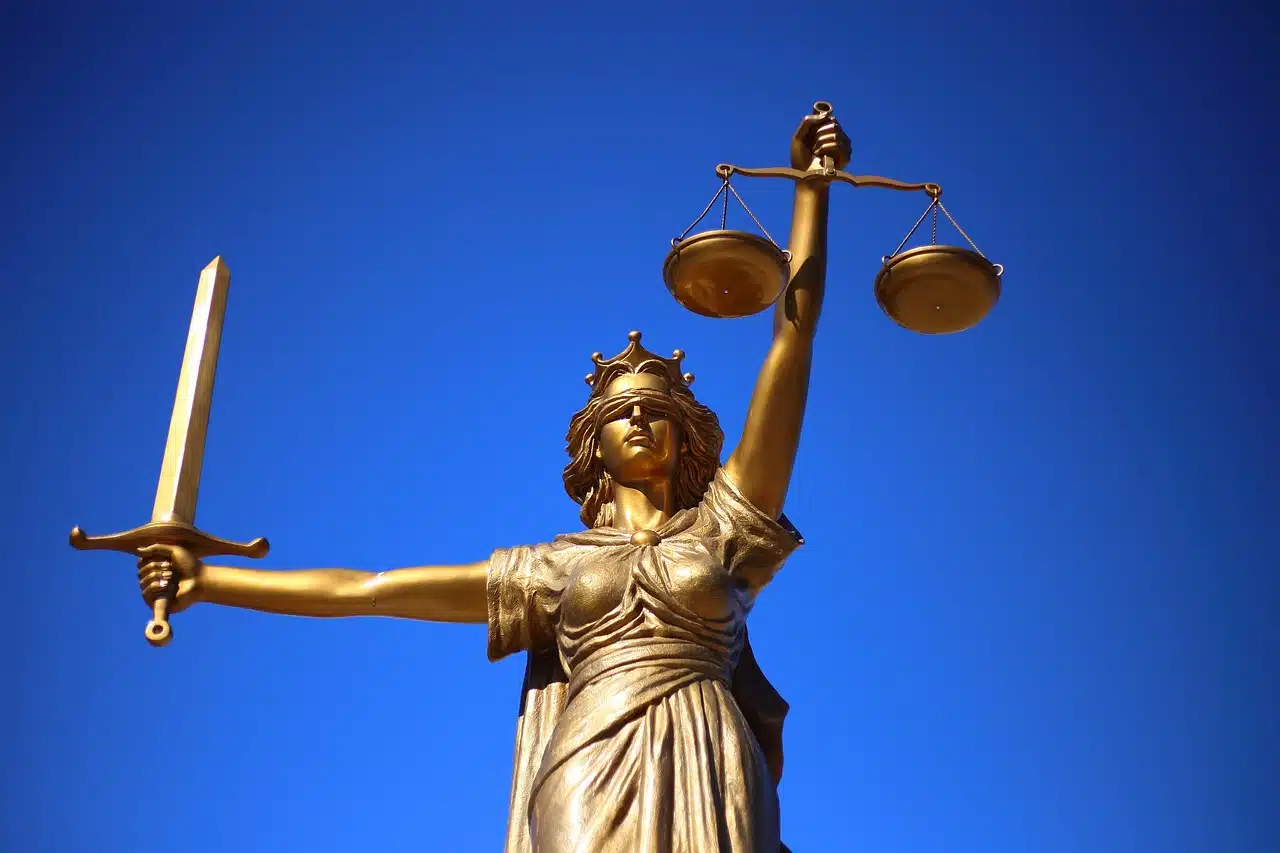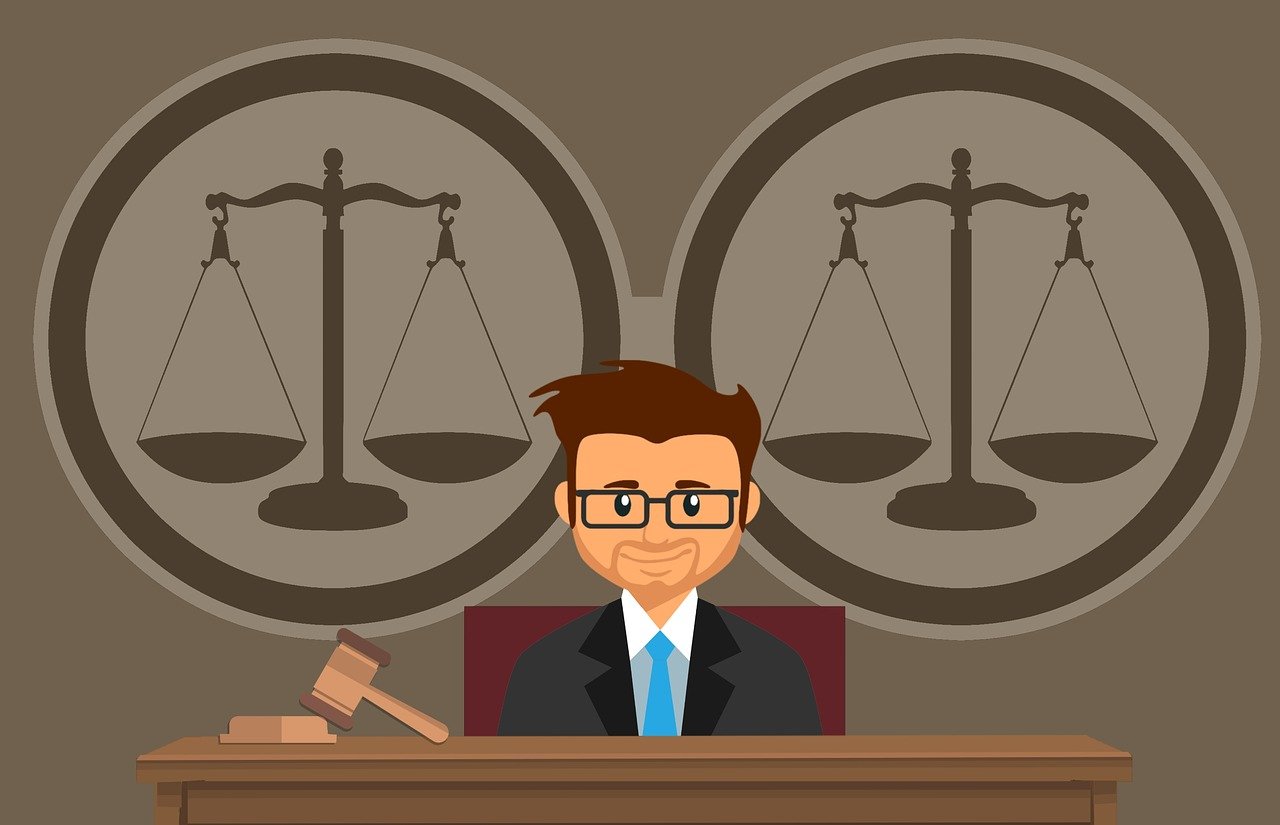
The idea of law refers to the set of rules that govern a society.
Law is the normative and institutional order that regulates human behavior in society, inspired by postulates of justice . The word comes from the Latin term directum , which means "that which is in accordance with the rule."
The basis of law is social relations , which determine its content and character. In other words, law is a set of rules that constitute the legal system in force in a society and allow conflicts to be resolved within the community.
Sources of law
The sources of law are the ideas and foundations on which it is based in order to develop and establish its basic principles. In this sense, we have to emphasize that the aforementioned sources can be determined, in general, into three broad categories:
- The real ones , which are those that establish what the content of a law in question is.
- The historical ones , which are all those ancient documents that are used to refer to those that have the content of a law.
- The formal ones , which are defined as all those actions carried out by different entities (individuals, State, organizations...) to proceed to create what the law is. Within this category we find, in turn, jurisprudence , international treaties, custom...

Law is inspired by postulates of justice.
The State, creator of laws and norms
Effective or positive law is formed by the laws , regulations , regulations and resolutions created by the State for the conservation of social order. These are rules that shape legislation and whose compliance is mandatory for all citizens. The fundamental law, which has a higher rank compared to the others, is called the Constitution and is studied by constitutional law .
Subjective right , on the other hand, is the ability of a subject to carry out or not carry out a certain conduct. It is about the power that man has, in accordance with a legal norm , to develop his own activity in front of another.
According to the principle of separation of powers proposed by Montesquieu , the State is divided into three powers : executive power , judicial power and legislative power . The legislative branch is responsible for making laws, which are interpreted and applied by the judicial branch to deliver justice. The executive branch, meanwhile, assumes state administration and has political functions. The three powers must be independent and each one must respect the powers of the other.
In a democracy , there are various principles that cannot be violated, thus guaranteeing the administration of justice. The presumption of innocence until the contrary is determined in a judicial process (through evidence, testimony, expert opinions, etc.), the development of a fair trial , the availability of official defense attorneys for those accused of crimes, equality before the law and respect for individual guarantees are some of these pillars.
Of course, beyond legislation and the legal system, it is necessary that judges, lawyers , attorneys and the rest of the officials involved in matters of law be honest.

Judges are responsible for the application of the law.
The law and its characteristics
The law is considered to have several characteristics. One of them is bilaterality (an individual other than the affected one is empowered to demand compliance with a norm), which gives the quality of an attributive imperative to the right. It is imperative since it imposes a duty of conduct (such as paying taxes) and attributive due to what was mentioned above regarding the power to demand compliance with the imperative.
Other characteristics of the law are its heteronomy (it is autarkic; even if the subject does not agree with the content of the norm, he must respect it), alterity (legal norms always refer to the relationship of a subject with others) and coercibility ( allows the legitimate use of state force when a citizen does not comply with its demands).
Division of the legal system
The main division of the legal system is between private law and public law . In each of these categories, it is also possible to recognize multiple branches or specializations.
- Private law : It is what determines the legal relationships between legal persons without any of them acting as state authority. Examples of this are civil law , commercial law and company law .
- Public law : Regulates relations between public power bodies and private individuals or entities, such as administrative law , procedural law , tax law and criminal law .
It is important to note that this division is not always precise or clear-cut. Family law and labor law , to mention two areas, combine issues typical of private ties with the norms associated with public order.
It should also be noted that specific application codes can be found in different branches of law . Codification implies that the rules and laws of a jurisdiction in a specific sector are compiled, thus composing a single legal body. A civil code , a commercial code and a penal code are examples of this work.
human rights
Human rights are norms that guarantee the protection of the dignity of people, recognizing institutions, powers and freedoms that are inherent to human beings. They are specific to all individuals, regardless of their nationality, gender, religion or any other factor, and go beyond the legal system.
Considered natural rights , it is not possible to renounce them. The State, on the other hand, cannot annul, limit or render them ineffective under any circumstances.
Freedom of expression and access to education are human rights recognized worldwide. The inclusion of other rights in this category, however, is often debated, as is the case with the right to privacy on digital networks and platforms.
Intellectual property
Intellectual property law , on the other hand, covers everything related to copyrights , patents and trademarks . What this right does is protect the creations of the minds of human beings, allowing creators to make use of their production economically and in other ways.
When someone composes a song, they can register it and protect it legally to obtain usufruct through copyright. The same can be done by a writer with a novel or an inventor with an idea that can become good.
